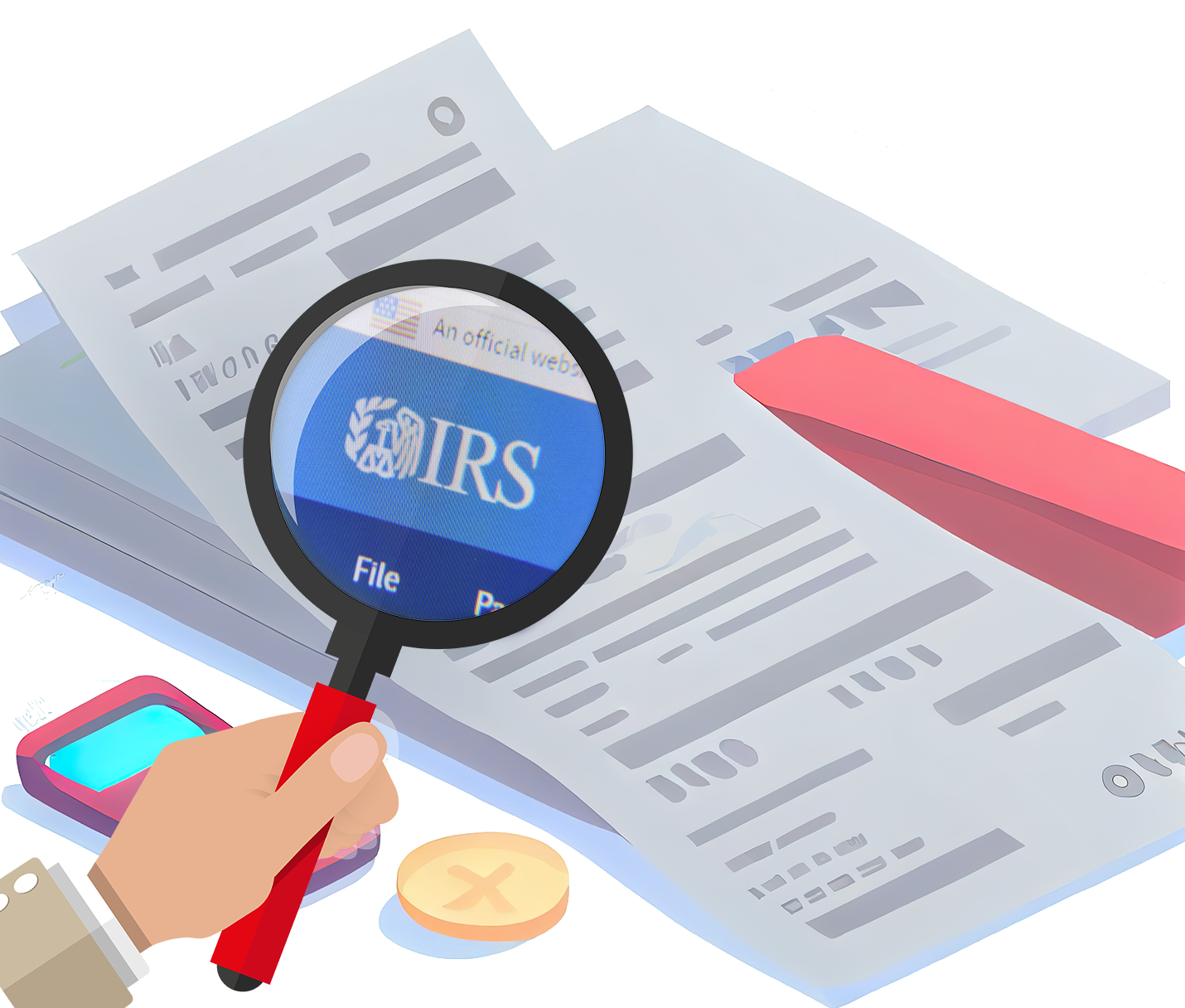

Restaurant Year-End Tax Preparation Services
Tax preparation means so much more than getting all your documents together in one place. As you well know, this is a complex business. That’s why we take care of every detail, including:
- Handling sales tax reconciliation and filing
- Adjusting for inventory spoilage, theft, or loss
- Filing 1099 forms for contractors and vendors
- Preparing tax projections for the upcoming year
- Calculating federal, state, and local tax liabilities
- Offering audit support or preemptive audit checks
- Ensuring compliance with payroll tax requirements
- Preparing and distributing W-2 forms for employees
- Reviewing financials to identify tax-saving opportunities
- Reviewing past tax filings for errors or missed opportunities
- Preparing and filing quarterly and annual income tax returns
- Verifying accuracy of income statements and balance sheets
- Reconciling bank accounts, credit cards, and financial records
- Organizing receipts and expense documentation for deductions
- Reviewing tipped income for compliance with reporting requirements
- Identifying industry-specific tax deductions, like food and beverage costs
- Providing insights on year-end cash flow management to cover tax liabilities
- Ensuring compliance with IRS rules specific to restaurants, such as tip pooling
- Analyzing eligibility for tax credits, such as the Work Opportunity Tax Credit (WOTC)
- Advising on retirement contributions or health savings accounts for owners and staff
- Conducting year-end inventory valuation for accurate cost-of-goods-sold (COGS) reporting
Our Step-by-Step Approach to Hassle-Free Year-End Taxes
The truth is, tax regulations and requirements change from year to year. Our team keeps up on these changes year-round so you never have to worry—or lose sleep studying the IRS website. As our first-time client, we’ll put your business under the metaphorical microscope. Our in-depth approach means no deduction or liability is overlooked, even if you have multiple locations.

Restaurant Year-End Tax Preparation FAQs
What are the common mistakes in revenue reporting for restaurants?
The most common mistakes in revenue reporting for restaurants include:
- Overlooking discounts, promos, and comps while calculating
- Misreporting cash sales and reporting inaccurate income
- Inconsistent or incomplete daily sales reconciliations
- Omitting revenue from third-party delivery platforms
- Failing to properly account for tipped income
Can I deduct rent or lease payments for my restaurant space?
Yes, you can typically deduct rent or lease payments for your space during your restaurant year-end tax preparation. Confirm that the lease is in your business’s name, and be sure to keep records of all your lease payments.
If you own the property, however, only certain expenses like mortgage interest or property taxes can be deducted.
Is my restaurant eligible for the Work Opportunity Tax Credit?
Your restaurant may be eligible for the Work Opportunity Tax Credit (WOTC) if you hire employees from specific groups such as:
- Veterans
- Individuals receiving government assistance
- People with significant barriers to employment
You must certify these eligible employees through IRS Form 8850 and submit it to your state’s workforce agency.
What forms are required for reporting employee wages?
The forms typically required for reporting employee wages include:
- Form W-2 – Reports employee wages, tips, and other compensation to both the employee and the IRS
- Form 941 – Quarterly report for payroll taxes, including federal income tax withholding and Social Security/Medicare taxes
- Form 940 – Annual report for Federal Unemployment Tax (FUTA)
- Form W-3 – Summarizes all W-2 forms submitted to the IRS (used by employers filing multiple W-2s)
- State-specific forms – Depending on your state, you may need to file additional wage or unemployment tax reports
- Form 1099-NEC – If you employ contractors instead of regular employees, you’ll need to file this for non-employee compensation
How does leftover inventory at year-end affect taxes?
Leftover inventory impacts your cost-of-goods-sold (COGS), which directly affects your income—and your taxes. Your year-end inventory must be accurately valued at cost, market value, or the lower of the two. If you overstate or understate your inventory, you face potential penalties.
What is the FICA tip credit, and am I eligible?
The FICA tip credit is a tax credit that helps offset the Social Security and Medicare taxes you pay on your employees’ reported tips. And good news– if your employees receive tips, you’re very likely eligible!
To qualify, your staff must report their tips monthly (if they’ve received $20 or more). Furthermore, these tips must be directly tied to food and beverage service. You must also complete and submit Form 8846.
Specifically, the credit applies to taxes you pay on tips that exceed the federal minimum wage. Be sure to maintain good records of both your employee tip reports and your FICA tax payments.
This credit is easy to overlook, but it can save you thousands of dollars each year!
Do I need to account for refunds or customer returns?
Yes, you need to account for refunds or customer returns during your restaurant year-end tax preparation. Both of these reduce your total annual revenue, so you have to document them accurately. Otherwise, you’re reporting revenue that doesn’t reflect your actual sales.
Leveraging the Latest Accounting Technology
Staying ahead of the curve is our priority. We embrace the latest advancements in accounting technology to elevate your financial operations. By leveraging cutting-edge tools, cloud-based solutions, and automation, we enhance efficiency, provide real-time insights, and empower you with the accurate data you need to make informed decisions. With CloudCPA, you’ll have the advantage of staying at the forefront of the ever-evolving business landscape.


 CALL US NOW
CALL US NOW










